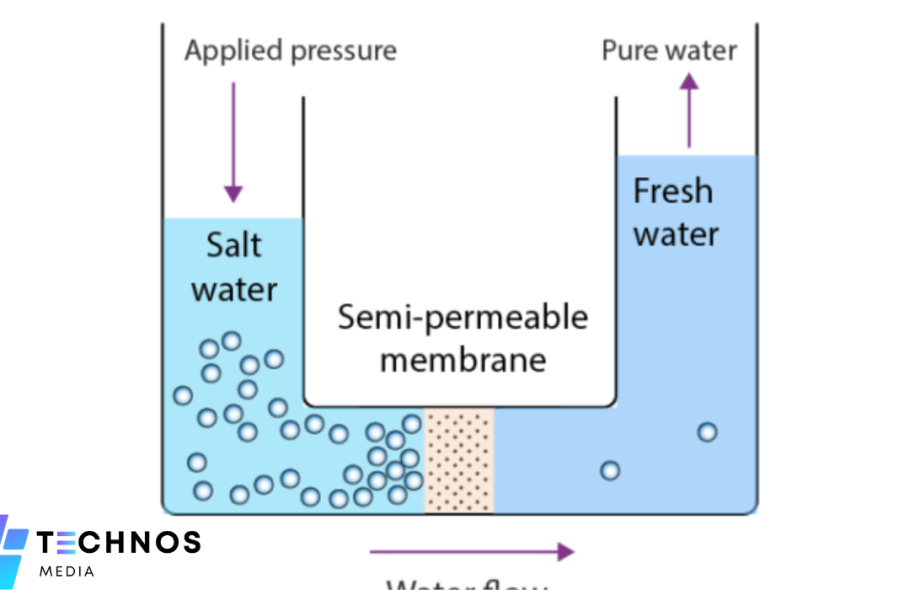Introduction
Many businesses rely on clean water for daily operations. If you own a restaurant, a medical facility, or a manufacturing company, you might be asking: Can I deduct a reverse osmosis system for my business? The answer depends on tax laws, business classification, and system usage.
This guide explains whether an RO system qualifies as a tax deduction, the financial benefits, and essential factors to consider. For expert insights, visit Technos Media.
Understanding Reverse Osmosis Systems and Their Business Use
A reverse osmosis (RO) system is a water filtration device that removes contaminants, ensuring high water quality. Businesses often install these systems for:
Providing safe drinking water
Complying with sanitation and health standards
Enhancing product quality in food production and manufacturing
Protecting equipment that requires purified water
Can You Deduct a Reverse Osmosis System for Your Business?
IRS Guidelines for Business Deductions
The IRS allows deductions for ordinary and necessary business expenses. An RO system may be deductible if:
It is common in your industry (ordinary expense)
It directly contributes to business operations (necessary expense)
If your business depends on purified water, the RO system might qualify as a deductible business expense.
Tax Deduction Options for a Reverse Osmosis System
Section 179 Deduction
Under Section 179, businesses can deduct the full cost of qualifying equipment in the year of purchase rather than depreciating it over time. If your RO system qualifies, this option can provide immediate tax relief.
Depreciation Deduction
If the RO system is classified as a capital asset, businesses may depreciate its cost over multiple years under IRS depreciation rules.
Deducting Maintenance and Operational Costs
Businesses may also deduct ongoing expenses related to an RO system, such as filter replacements, servicing, and repairs, as standard business expenses.
Industries That May Qualify for a Deduction
Certain industries are more likely to qualify for a reverse osmosis system deduction, including:
Restaurants & Cafés – Ensuring clean water for food and beverage preparation
Medical & Dental Facilities – Meeting sterilization and patient safety requirements
Manufacturing & Industrial Facilities – Maintaining product quality and equipment efficiency
Hospitality Businesses – Providing high-quality drinking water for guests
How to Claim a Deduction for a Reverse Osmosis System
1. Establish Business Necessity
Document how the RO system supports your business operations and why it is essential.
2. Maintain Accurate Records
Keep invoices, receipts, and business usage documentation to support your tax deduction claim.
3. Consult a Tax Professional
Since tax laws vary, professional advice can help you maximize deductions and ensure compliance.
Important Considerations Before Deducting an RO System
Personal vs. Business Use – If the system serves both personal and business needs, only the business portion is deductible.
State Tax Differences – Some states have different tax rules regarding equipment deductions.
IRS Audit Risks – Maintain proper documentation to justify your deduction in case of an audit.
Conclusion
So, can I deduct a reverse osmosis system for my business? It depends on its role in your operations and how it is classified for tax purposes. With proper documentation and expert guidance, businesses can often claim an RO system as a deductible expense.
For more details, visit Technos Media for expert insights.

Service/Product Details:
https://technosmedia.com/business/can-i-deduct-a-reverse-osmosis-system-for-my-business/











